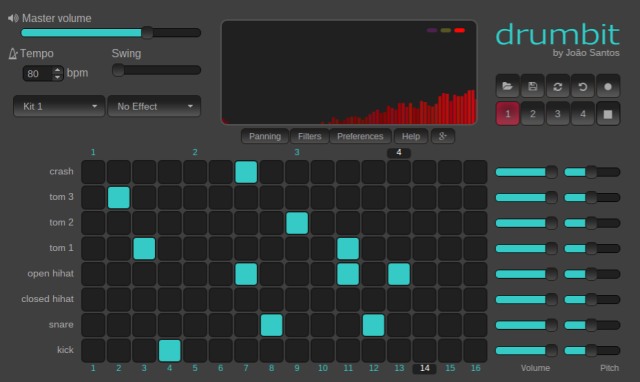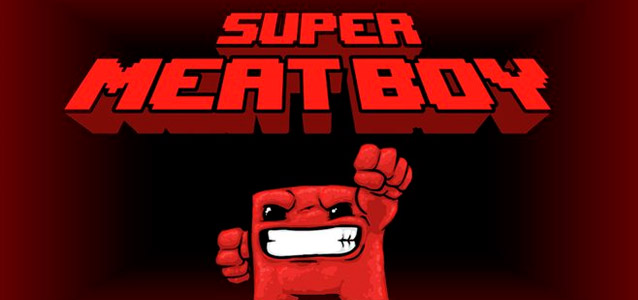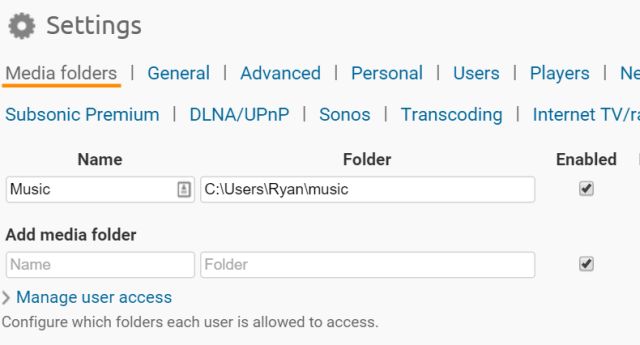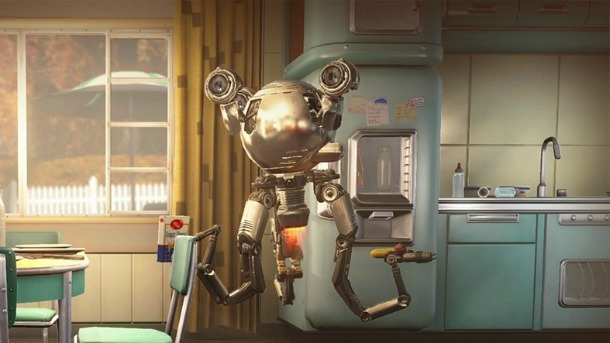

Midway through third-person shooting his way around the Japanese steakhouse that comprises the first level of Eat Lead: The Return of Matt Hazard, the title character has encountered something out of the ordinary: a jive-talking African-American costumed in psychedelic space-clothes like a member of George Clinton’s band Funkadelic. Rather than diving into a kung-fu battle, Hazard lowers his pistol and deadpans, “I’m sorry … is this game set in the 1970s?”
This, in a nutshell, shows the sheer comic and creative genius of the game’s premise. Hazard (voiced by the brilliant Will Arnett) knows he’s a game character. Thus, it makes perfect sense when he makes wisecracks about lame videogame clichés or even meets a Mario or Master Chief parody character. And it’s funny when everyone in the game strives to keep him from uttering his canned corn catch-phrase, “It’s Hazard time!” And when the game company’s boss (voiced by Neil Patrick Harris), who wants you dead, begins dropping in enemies from every game you’ve ever made - space marines, zombies, whatever - it becomes clear that this game could take ANY form. Literally anything could happen.
And at times, it does. One early level starts as an Old West town populated by cowboys and tumbleweeds, then moves into a modern dance club filled with house music and mobsters. You’ll encounter 2D Nazi guards who don’t care about cover - they just turn sideways, making themselves impossible to hit. And the game’s undisputable highlight is a boss battle against a mute RPG character who has spiky hair, carries an enormous sword, chooses his attacks from a text menu and “speaks” only through floating blue text boxes.
The problem is, those highlights are waaay too few and far between. The overwhelming majority of the time, Eat Lead falls colossally short of its potential and promise by simply refusing to do anything really creative. This is a game world in which anything can happen, yet you still spend 90% of your time in nondescript warehouses and docks, hiding behind differently shaped crates. Why? Why am I not fighting on a pirate ship flying through space and piloted by super-deformed talking animals? Similarly, while the enemies range from sexy robots to Russian soldiers, because all but the shambling zombies seem to have the exact same behaviors – which is to say, they’re all dumb as posts – it still gets boring. And why, oh why, are we shooting so many construction workers and sailors? Where are the robot dinosaurs?
For example, there are soldiers here who wear bright, plastic armor and carry squirt guns – they’re taken from a non-violent kid’s watergun game – and speak with tons of water-related puns (“Prepare to be liquidated!”). But their guns are still deadly and they act just like every other enemy. How much more interesting and darkly funny would it have been to have them stay true to their original form? They could appear in bonus areas in which Matt could mow them down by the dozens. Or they could be immune to real bullets and have their own neon colored areas in which their orange, yellow and green armor actually did camouflage them. Or Matt could use their water guns to short out robot enemies resistant to bullets. Anything. As it is, they’re just a palette-swap, which cheapens the entire premise.
One thing that the game does beautifully is cover. You can hide behind nearly anything with a quick button press, then peek and aim or just blindfire around it. And when it’s time to move, you simply target another cover area and tap a single button – Matt will run (as well as he can, at least. He’s no track star) to that new area and take cover again. It’s great. And we still get a kick out of little, “remember this is a game” touches, like the way destroyed cover leaves a hole in the game world. Too bad the dialogue isn’t snappier.
Eat Lead: The Return of Matt Hazard is trapped in many of the clichés it seeks to skewer, but it’s still a fairly adequate shooter and occasionally gives you a chuckle. It’s just that we were hoping for something truly unique.
Mar 10, 2009




 GTA 5 Cheats and Glitches after 1.12 patch update
GTA 5 Cheats and Glitches after 1.12 patch update Top 10 Best Xbox 360 games of 2010
Top 10 Best Xbox 360 games of 2010 GTA V Online Level Unlocks
GTA V Online Level Unlocks How to Share Music from Multiple Devices to a Chromecast
How to Share Music from Multiple Devices to a Chromecast Fallout 4: Codsworth Companion Can Speak 922 Names, Full List Leaked
Fallout 4: Codsworth Companion Can Speak 922 Names, Full List Leaked